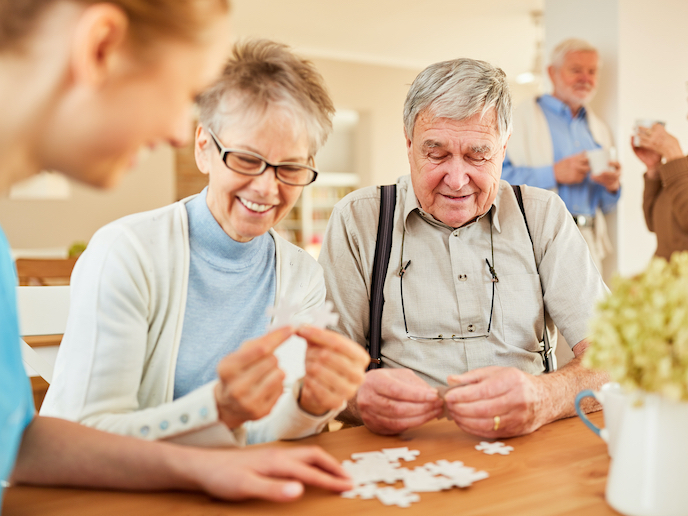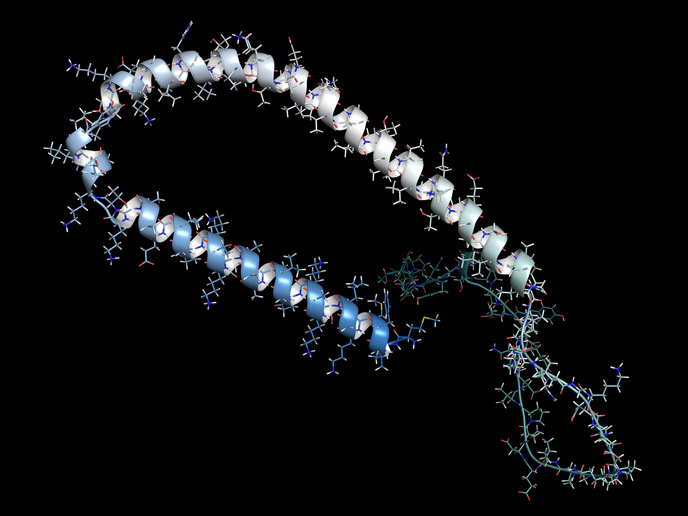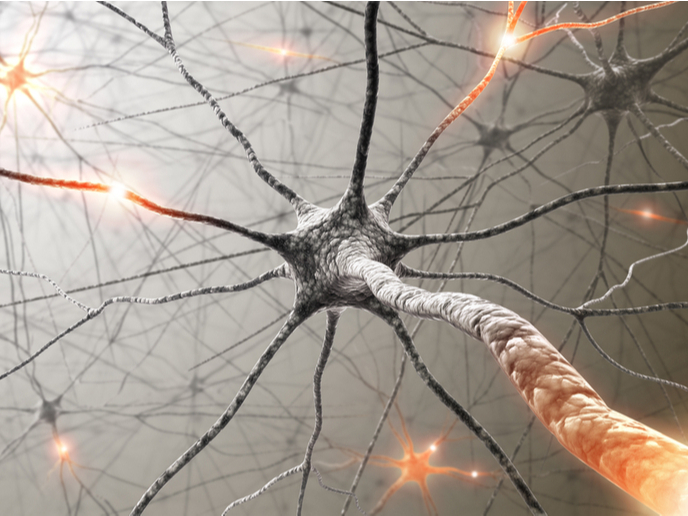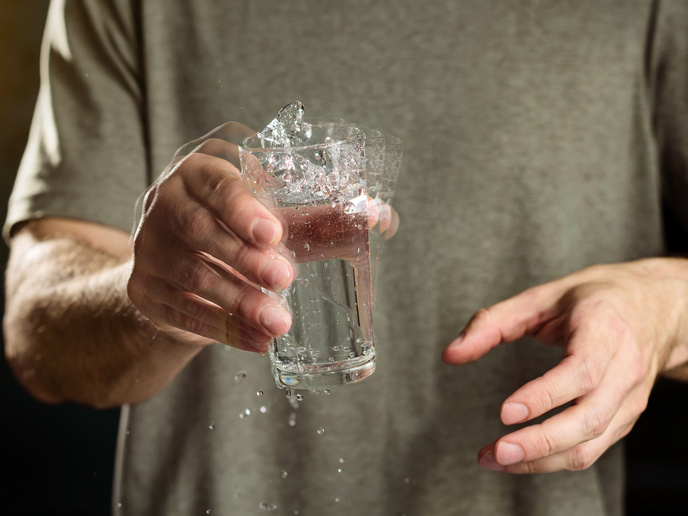The basics of action skill learning
Learning a new routine involves an initial period of rapid improvement followed by a gradual skills acquisition phase while the process is automated. The area of the brain involved in skill learning is thought to be the striatum. As little is known about the detailed neuronal mechanisms involved, the EU-funded 'Neural mechanisms of action learning in mouse models' (NEUROACTION) project used mice to investigate brain activity during motor skill learning. The researchers used fluorescent proteins in direct and indirect nerve circuits in the striatum. Results indicated that extended training was accompanied by sub-region specific plasticity in circuits in the dorsal striatum. Furthermore, there was increased glutamatergic input late in learning in the indirect pathway. Glutamate normally excites nerves and increases electrical signals. The task for the mice was to press a lever increasingly rapidly to receive a food reward. Several versions of the routine were performed in combination with optogenetic manipulation to identify pathways involved with learning or performing a well-learned skill. The researchers found that prior inhibition or stimulation of either the direct and indirect pathway affected the initiation of the action sequence. However, after sequence initiation, inhibiting or stimulating the direct and indirect pathways of the striatum had two effects — skill automatisation and habit formation. Furthermore, by applying a method developed to record activity of different cell types, the scientists observed that different neurons are active during different phases of skill execution. Loss of skill execution is a crucial part of disorders like Parkinson's and Huntington's disease. NEUROACTION findings could help understand the mechanisms involved in these neurodegenerative disorders.







